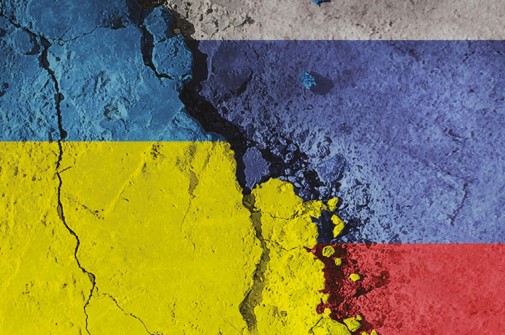Global recovery from the impact of the pandemic has been thwarted by the Russia-Ukraine conflict, which is having a negative impact on global growth, according to a report from insurer Atradius.
High inflation, supply chain pressures and the situation in Russia-Ukraine are slowing growth in some advanced markets. Growth momentum for emerging market economies is weakening too, as fiscal and monetary support from other markets is being rapidly withdrawn.
Predictions from Atradius have been revised downward by 0.7% in 2022 and 0.4% in 2023. Despite this revision, Atradius is forecasting relatively robust global growth over the next two years at 3.4% in 2022 and 3.2% in 2023. This growth forecast is, however, subject to a high level of uncertainty.
Damien Dawson, regional manager at Atradius, commented: “As anyone who keeps up with the news will know, these are highly turbulent and uncertain times. Not only are many markets still struggling to recover from the impact of the pandemic, lockdowns and waves of COVID infections, but we’re also dealing with the ripple effect of the conflict in Ukraine which is having a knock-on effect globally.
“Right now, we’re seeing huge consumer demand across the board which many businesses are struggling to keep up with. But as the cost-of-living increases and disposable income decreases for many of us, we may start to see a drop-off in demand. For economies like ours here in the UK, where recovery from the pandemic was very much consumer-led, this is already causing increasing challenges as accelerating inflation drives a more rapid turnaround in monetary support.
“With supply chain pressures and rising energy prices leading to increased operating costs, and insolvencies forecast to rise in 2022, one of the best ways businesses can protect themselves against uncertainties is to invest in trade credit insurance. Not only does trade credit insurance protect against non-payment, it also gives businesses access to insights and research on who they’re trading with and the specific challenges facing particular countries and markets as we navigate what is set to be an uncertain couple of years.”
Printed Copy:
Would you also like to receive CIR Magazine in print?
Data Use:
We will also send you our free daily email newsletters and other relevant communications, which you can opt out of at any time. Thank you.











YOU MIGHT ALSO LIKE